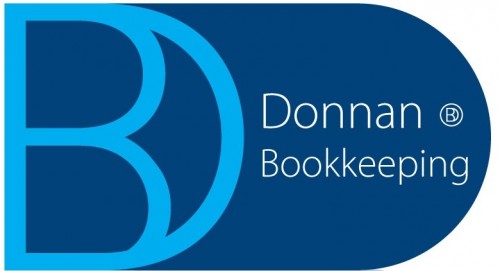Trivial Benefits
As a business owner, you know how important it is to make your employees feel valued which in turn keeps morale and motivation at a high. But you may be worried over the tax implications of giving gifts or perks to staff.
That’s why we suggest using trivial benefits to show your appreciation. They are tax free and there’s no need to notify HMRC if they fit in the following requirements:
- Cost less than £50 per gift.
- Isn’t cash or a cash voucher.
- Isn’t a reward for work or performance.
- Isn’t in terms of contract.
- You can’t receive trivial benefits worth more than £300 in a tax year if you’re the director of a ‘close’ company.
- Can’t be as part of a salary sacrifice arrangement.
These benefits can be an amazing way to show your appreciation to employees and celebrate occasions.
Examples of Trivial Benefits
They are small gifts which can come in a range of shapes and forms.
Some of the most common examples of trivial benefits would be taking staff out for a meal to celebrate an occasion, seasonal gifts for holidays such as Christmas or Easter. Some employers may also provide token gestures for employee’s anniversaries or birthdays, in the form of flowers, chocolates or alcohol.
There are few limitations which leaves room for creativity and flexibility to cater them to employee interests and preferences.
Conclusion
Trivial Benefits are a great way to save tax while also providing employees with perks. They can boost morale, celebrate occasions, and show appreciation. They are easy and simple to provide just make sure you follow the rules and keep track of spending through the year.
Written by Sorcha Jones, apprentice accounts technician
